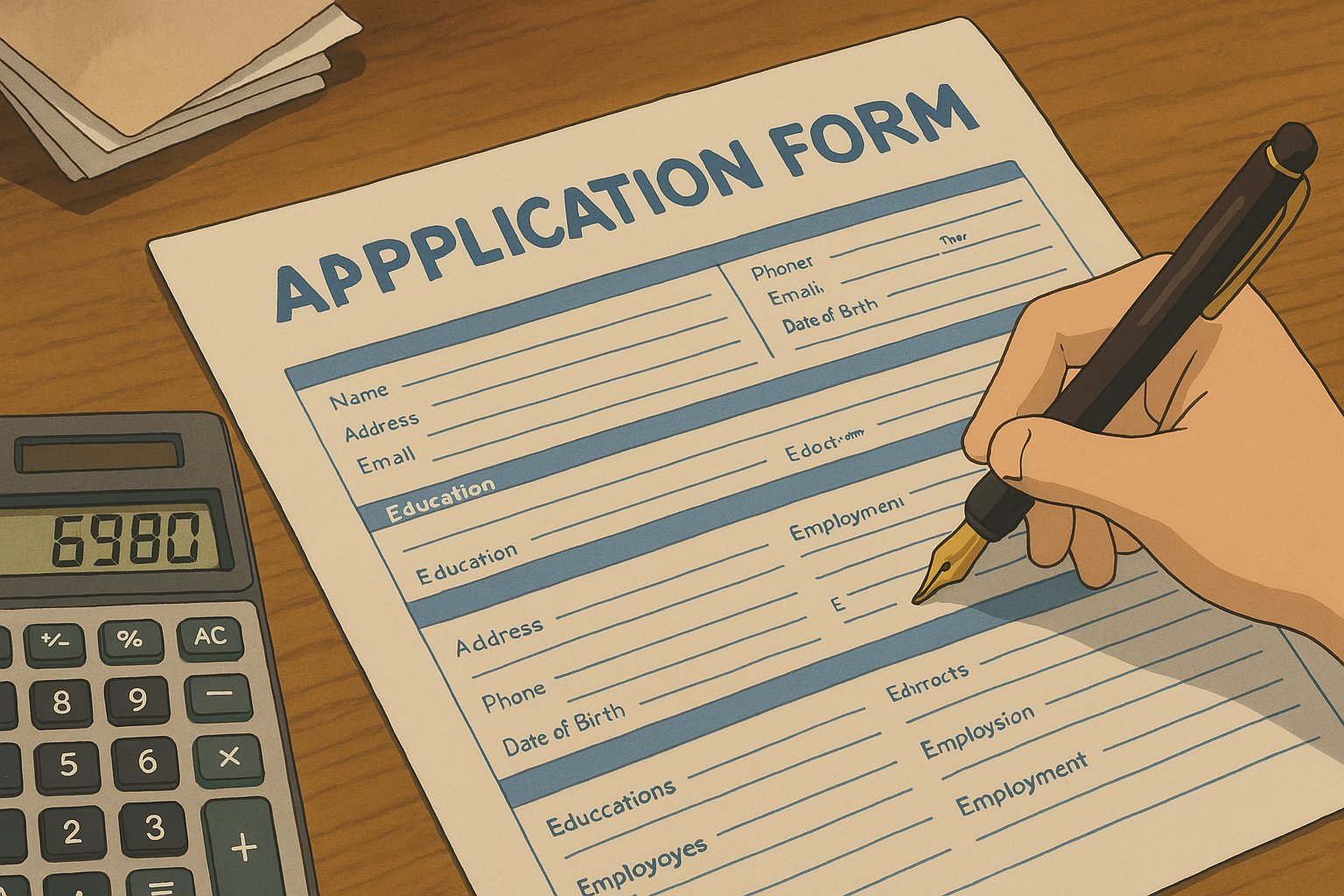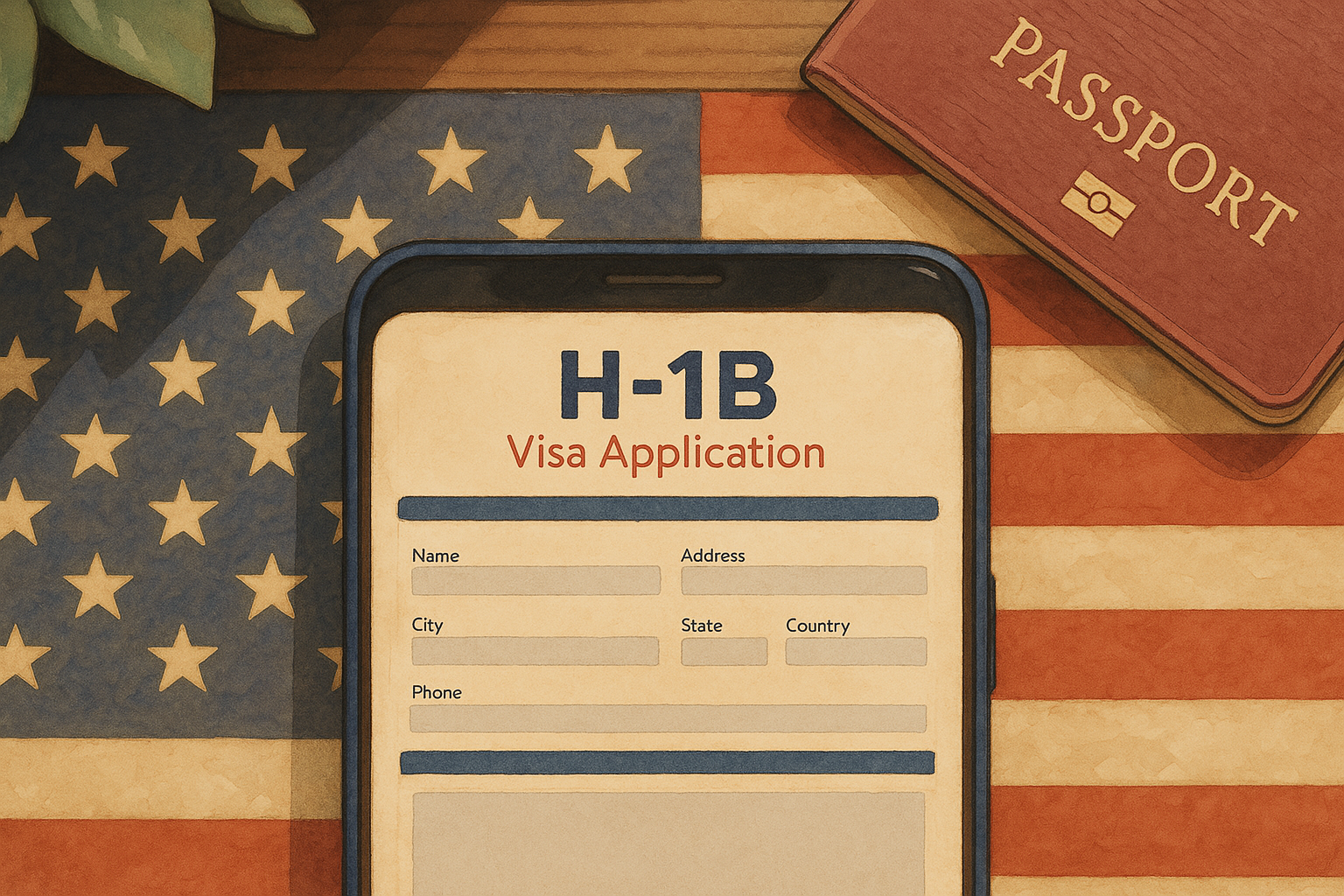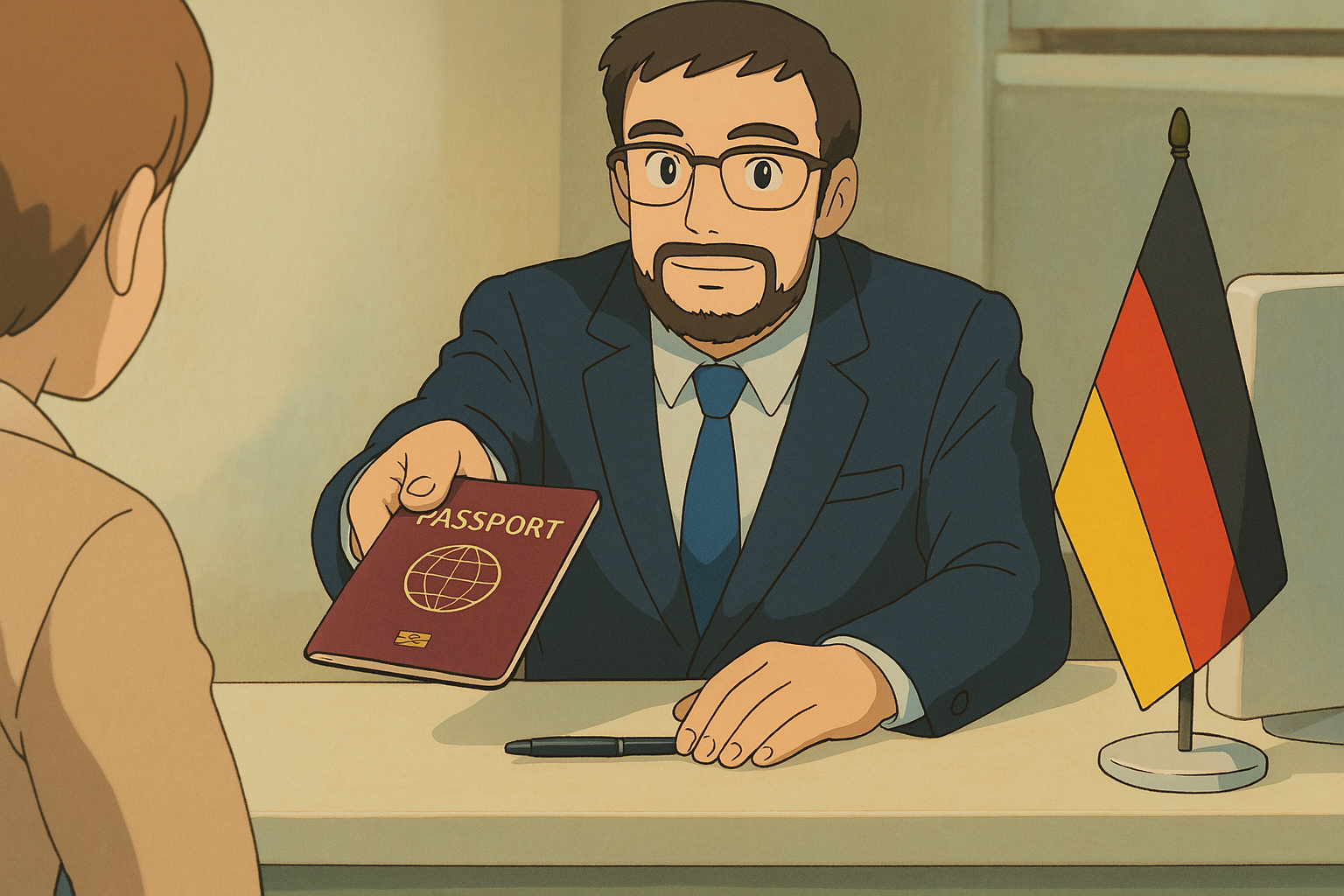For many professionals and skilled workers, securing a work permit is the first crucial step toward building a career abroad. Whether you’re moving for better job opportunities, higher salaries, or career growth, understanding the work permit application process is essential to avoid unnecessary delays or rejections.
In this comprehensive guide, we will walk you through everything you need to know about work permits, including the required documents, application fees, and common mistakes to avoid.
What Is a Work Permit?
A work permit is an official document issued by a country’s government, allowing foreign nationals to legally work within its borders. Work permits may be employer-specific or open, depending on the country and type of employment. Each country has its own regulations, fees, and eligibility criteria, making it essential to research requirements before applying.
Work Permit Application Checklist
A successful work permit application requires proper documentation and adherence to official procedures. Below is a general checklist of required documents:
1. Valid Passport
- Must be valid for at least six months beyond your intended stay.
- Some countries require at least two blank pages for visa stamps.
2. Job Offer Letter or Employment Contract
- Official letter from your employer confirming the job position, salary, and duration of employment.
- Some countries require the letter to be notarized or legalized.
3. Completed Work Permit Application Form
- Forms vary by country and are usually available online on the official immigration website.
- Ensure all details are accurate to avoid delays.
4. Passport-Sized Photographs
- Recent photos meeting the size and background color requirements.
- Some countries require biometric photos.
5. Proof of Educational Qualifications
- Copies of degrees, diplomas, or certificates.
- Some countries require documents to be verified through an official authentication process.
6. Professional Certifications (if applicable)
- If your profession requires certification (e.g., doctors, engineers, or accountants), you may need to submit relevant licenses.
7. Health Examination Certificate
- Some countries require a medical check-up to ensure you meet health standards.
- Common tests include tuberculosis (TB), HIV/AIDS, and general health screenings.
8. Police Clearance Certificate (Background Check)
- Issued by your home country to confirm you have no criminal record.
- Some countries require police clearance from previous countries of residence.
9. Proof of Sufficient Funds
- Some countries require proof that you can support yourself financially until you receive your first paycheck.
- Bank statements or employer sponsorship letters may be required.
10. Employer-Sponsored Work Authorization (if applicable)
- In some cases, your employer must apply for a work authorization document before you can apply for a permit.
11. Work Permit Application Fee Payment Receipt
- Proof of payment of application fees.
- Fees vary by country and visa type.
Work Permit Application Fees
Work permit fees depend on the country and type of work permit being issued. Below is a general estimate for some top work destinations:
| Country | Estimated Fee (USD) |
|---|---|
| Canada | $155 – $500 |
| United States | $190 – $460 |
| United Kingdom | $350 – $1,500 |
| Australia | $315 – $4,045 |
| Germany | $75 – $110 |
| Singapore | $70 – $150 |
| UAE | $100 – $1,300 |
| Netherlands | $350 – $1,000 |
Fees may vary based on processing speed, visa type, and additional charges for priority services.
Common Mistakes to Avoid When Applying for a Work Permit
Many work permit applications get delayed or rejected due to simple errors. Here are some of the most common mistakes and how to avoid them:
1. Incomplete or Incorrect Forms
- Always double-check your application form before submission.
- Missing information or incorrect details can lead to rejection.
2. Submitting Expired or Invalid Documents
- Ensure your passport is valid for the required duration.
- Educational and professional documents must be up to date.
3. Providing Insufficient Supporting Documents
- Review the checklist for the country you’re applying to.
- Attach all necessary supporting documents to strengthen your application.
4. Missing Application Deadlines
- Many work permits have specific timelines for submission and approval.
- Apply well in advance to accommodate processing times.
5. Failing to Meet Health or Security Requirements
- Some countries reject applications due to failed medical exams or criminal records.
- If you have a medical condition, consult the relevant authorities before applying.
6. Not Paying the Correct Fees
- Work permit fees vary depending on visa type and country.
- Double-check the official website to ensure you pay the correct amount.
7. Not Checking Employer Accreditation
- Some countries require employers to be registered and approved before hiring foreign workers.
- Verify that your employer is compliant with local labor laws.
8. Overstaying a Previous Visa
- Overstaying a tourist or previous visa can negatively impact future work permit applications.
- Ensure all previous stays are legal and within allowed limits.
9. Applying Without a Job Offer (if required)
- Some work permits require a confirmed job offer before applying.
- Ensure your employment is legally documented and approved.
10. Ignoring Immigration Policy Changes
- Work permit policies frequently change based on labor market needs.
- Stay updated with government websites and official announcements.
Final Tips for a Successful Work Permit Application
- Start Early: Work permits can take weeks or months to process, so apply as soon as possible.
- Follow Instructions: Each country has unique application procedures; ensure you follow them precisely.
- Keep Copies of All Documents: Always keep copies of submitted documents in case they are requested again.
- Consult an Immigration Expert: If you are unsure about any part of the application, seek advice from an immigration consultant.
- Check Application Status: Regularly track your application status on the official immigration website to avoid surprises.
Conclusion
Applying for a work permit can be a complex process, but with proper preparation, you can avoid delays and increase your chances of approval. By gathering the required documents, paying the correct fees, and avoiding common mistakes, you can ensure a smooth and successful application.
Before submitting your application, always double-check the latest requirements on the official immigration website of the country you plan to work in. With careful planning and the right approach, your journey toward working abroad can be seamless and rewarding.


